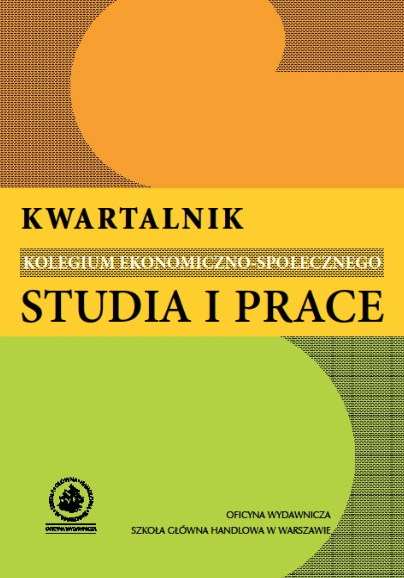Edukacja międzykulturowa a postawy wobec "Innych"
Intercultural education and attitudes towards "Others"
Author(s): Katarzyna Górak-SosnowskaSubject(s): Politics, Education
Published by: Szkoła Główna Handlowa w Warszawie
Keywords: social order; immigration; social integration; islam
Summary/Abstract: Intercultural education, as well as multiculturalism itself, became a trendy concept, especially in informal education. Praising cultural diversity, it seems, provides a solution of contemporary Western problems related to international immigration. However, multiculturalism proved to be merely an element of an ideal social order, which has been negatively veried in the reality of many European states. Poland has a monolithic ethnic and religious structure and di+ers from Western states in terms of its exposure to and experience in dealing with so called "distant Others" i.e. Others who do neither share many similarities with Polish people, nor are known to them. Domination of "close Others" (i.e. people from neighboring countries, Slavs, etc.) both among ethnic and national minori- ties in Poland and in its history and tradition determines the scope and conditions of intercultural education. It also poses a question on the sense of intercultural education focused on "distant Others", that is Others who are actually not pres- ent in Poland.
Journal: Kwartalnik Kolegium Ekonomiczno-Społecznego „Studia i Prace”
- Issue Year: 8/2011
- Issue No: 4
- Page Range: 51-66
- Page Count: 16
- Language: Polish

